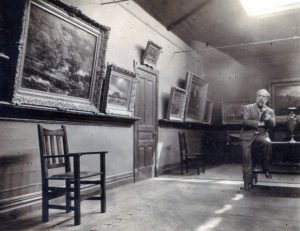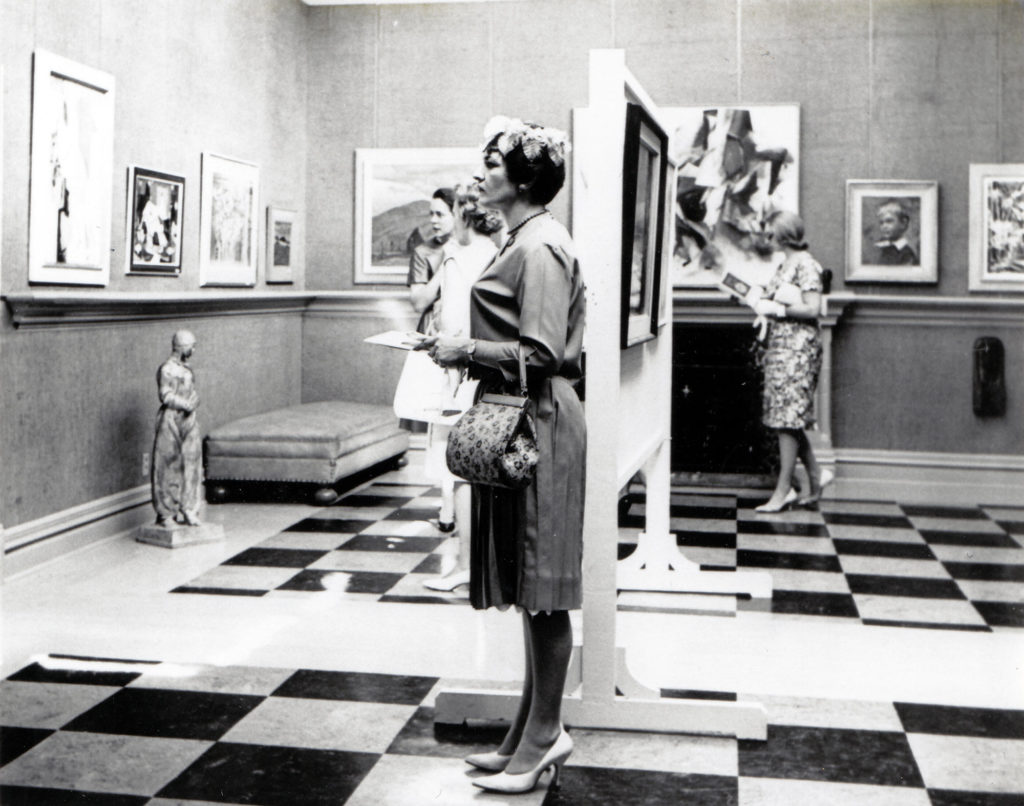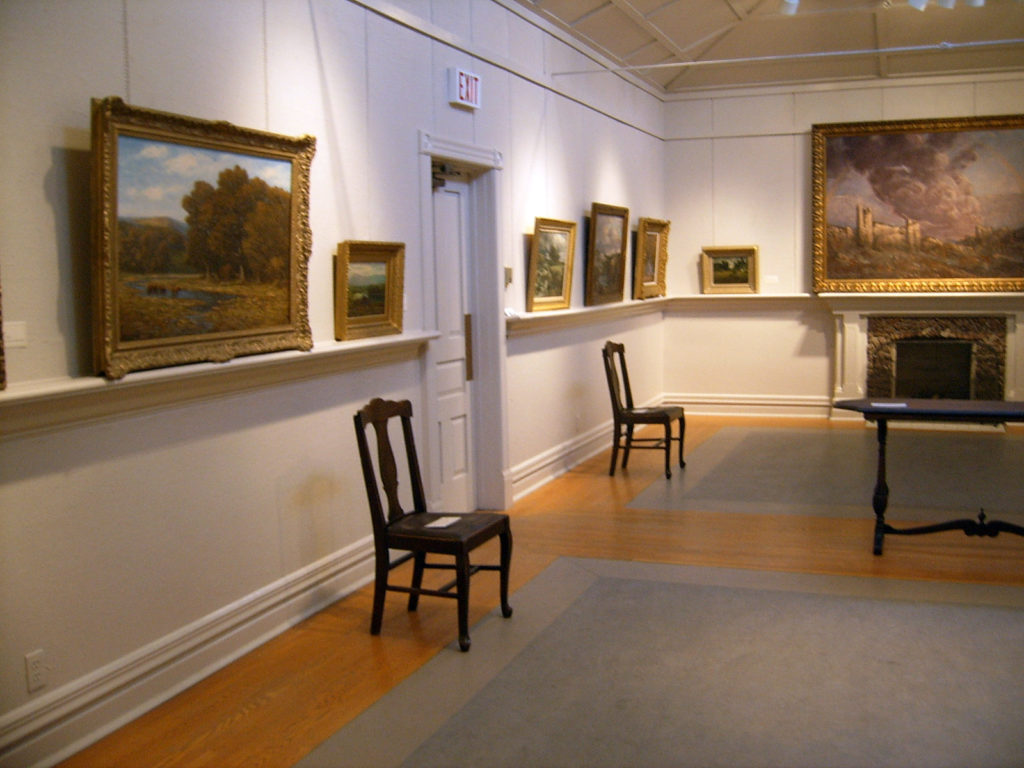Homer Watson House
A Place of Purpose
From humble beginnings, Homer Watson House & Gallery has been the host to many remarkable artists.
The house at 1754 Old Mill Road was built by the Ferrie family, affluent industrialists from Scotland. Adam Ferrie was instrumental in developing the area known as Doon, building a stone mill, a distillery, a store, a cooperage (a factory producing casks and barrels) and several homes. It was originally thought that Adam built this house in 1834, however no archival information has been located to support this date. It is possible that the house was built by his brother Robert Ferrie around 1850, after Adam’s death. This date aligns more closely with the architectural style of the house. Robert Ferrie also donated the land for the Presbyterian church next door and set up a Post Office.
Homer Watson had long admired the Ferrie house for its architecture and light. In the autumn of 1881, Watson moved into the house with his wife Roxanna, renting the third floor. After the sale of his painting The Pioneer Mill as a gift for Queen Victoria, Watson was able to purchase the home and its land in 1883. By 1893 he had added a studio, featuring a frieze displaying the names and small paintings inspired by European artists he admired. The year 1906 saw more changes to the house, when a gallery was added to display Watson’s art. Clerestory windows allowed natural light to enter the gallery while providing ample wall space to hang his paintings.
The house would remain Watson’s primary residence and studio for the remainder of his life. Watson passed away May 30, 1936, after which, his sister, Phoebe, continued to live and work in the house until her death in 1947. The following year the estate was sold to Ross and Bess Hamilton, who established it as the Doon School of Fine Arts. Instructors at the School included such notables as Fred Varley of the Group of Seven. The Hamiltons operated the school until 1966, when the property was briefly sold to Earl Putnam. Tom and Ruthe Cayley subsequently purchased the house from Putnam and ran a new iteration of the Doon School until Tom’s death in 1975.
In 1981, the City of Kitchener purchased the historic house from Ruthe Cayley to ensure its long-term survival. The Homer Watson house continues to this day as a place for the enjoyment and practice of the arts, showcasing historic and contemporary exhibitions and artistic programming for all ages.














